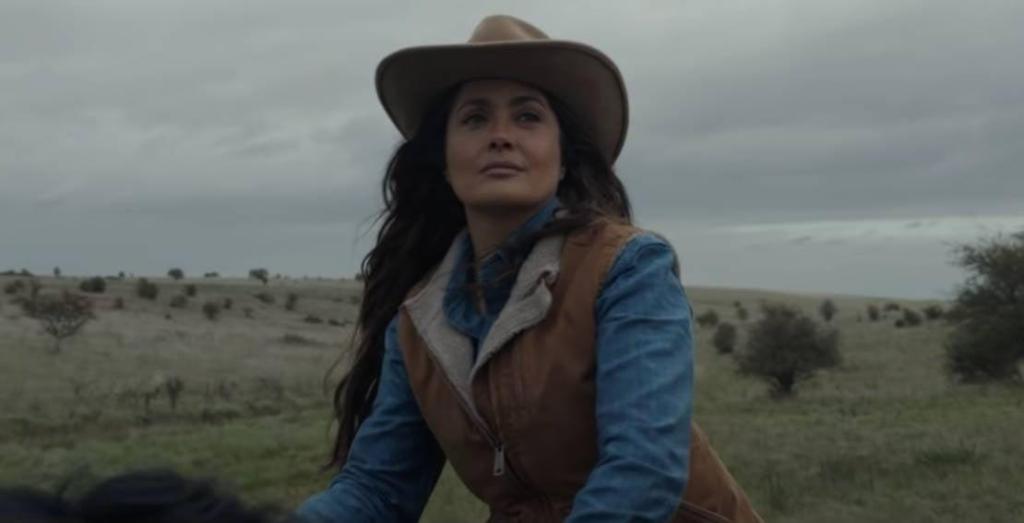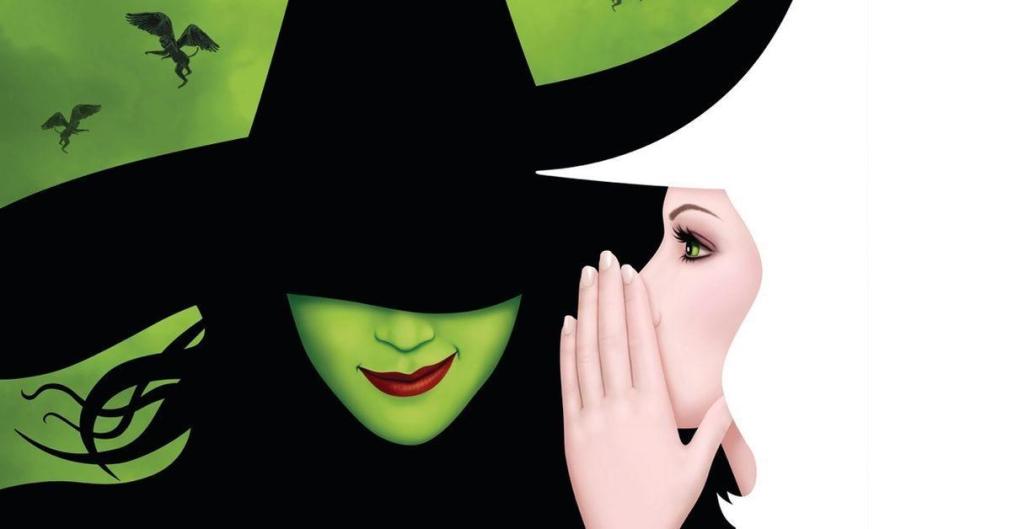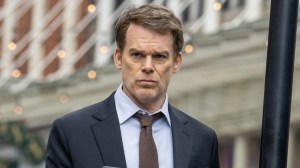Even with Wicked‘s big success in theaters now, its journey to get made has been pretty rough, mostly because it’s such a tough story to adapt. While most people know the plot from the Broadway musical, it actually started as a book by Gregory Maguire, Wicked: The Life and Times of the Wicked Witch of the West. Back in 2011, ABC Studios was all-in on turning that original story into a TV series, but it never really got off the ground. The plan was to skip anything inspired by the New York stage show and go for the darker vibe straight from the book’s pages. So, why didn’t it ever happen?
Videos by ComicBook.com
It’s common for productions, especially TV projects that require more work than a movie, to be put on hold and later revived at a more opportune time. But with Wicked, it almost feels like it was never meant to happen. Whether they were waiting for a film adaptation from the beginning, or if the challenge of developing Elphaba and Glinda convincingly over several episodes was the deciding factor, the true reason remains uncertain, though it’s possible to speculate.
Why Did ABC’s Wicked Miniseries with Salma Hayek Fail to Take Off?

Wicked is a global phenomenon, but before hitting the big screen, it made waves on Broadway, breaking records with $2,228,235 at the box office in 2011. This success caught the attention of ABC Studios, who became interested in adapting the story for TV. What’s particularly interesting is that Salma Hayek was leading the project, along with José Tamez, through their company Ventanarosa Productions. The duo envisioned an 8-hour miniseries, with Hayek also taking on a supporting role. At the time, TV Line reported the news, adding that the script would be written by Erik Jendresen, known for his work on Band of Brothers and the Mission: Impossible franchise.
It turns out that even before this new idea, an adaptation of Wicked was already on the table, but it was turned down by Steve McPherson, the former president of ABC. It wasn’t until Paul Lee took over that the series had a chance of happening. But why did it never come to fruition? TV Line even reached out to Gregory Maguire, who hinted he wasn’t sure about the reasons; he said through a spokesperson, he said, “while the rights to such a non-musical filmed presentation are still owned by a separate entity, there has been no apparent movement to use those rights by said entity.”
[RELATED: Wicked Director Reveals How Much They Drew From the Original Book]
The original story doesn’t quite have the same magic as the musical fans know: it’s darker, more adult-themed, and delves into politics, terrorism, and even murder. Adapting it to the screen is an intriguing idea, but the reasons behind its failure to materialize remain unclear, especially since representatives for both Hayek and Jendresen have not commented on the issue. Considering the complexity of the plot and the lengthy process involved in adapting it into the 2024 feature film, it’s possible that budget constraints and the challenge of translating the story into a TV format were contributing factors – but these are merely speculations.
A Non-Musical Version of Wicked Might Not Be the Best Idea Anymore

Even before Jon M. Chu took over the project, another director was also tasked with bringing Wicked to the big screen. However, one thing is clear – it seemed that everyone involved viewed the plot as inherently tied to its musical nature. A feature film appeared to be the logical choice, partly because the idea was to draw inspiration from the format that had already seen immense success. What’s intriguing, though, is that a Wicked stage play was never the original plan – it was always meant to be a movie.
In an interview with Variety, producer Marc Platt, who initially acquired the rights, explained why this changed. “The script never found its way,” he said. “We never cracked the third act, and I wondered if it would work better as two acts, as a play.” He also took the opportunity to talk about the musical aspect. “I had a feeling that putting music into it would add some of that magic that was missing in the screenplays. And in telling the story of the journeys of two separate characters, music allows for the kind of inner monologue that’s hard to get at cinematically.”
This also helps explain why Chu decided to release the film version in two parts. When Wicked finally became a musical, it solidified its identity in this format, making it challenging to reimagine it as something else – especially since many would argue that its essence lies in the songs. A similar issue arose with the live-action Mulan, which failed to resonate with many fans, largely due to the absence of its songs.
One of the main reasons – if not the main reason – why large audiences are filling theaters to see the movie is undoubtedly the music, and the recent controversy over whether or not to sing during Wicked screenings serves as proof of this. Even if the TV miniseries had been released by ABC, without music, Wicked might have struggled to stay popular or truly defy gravity in its full potential.
Wicked is in theaters now.








